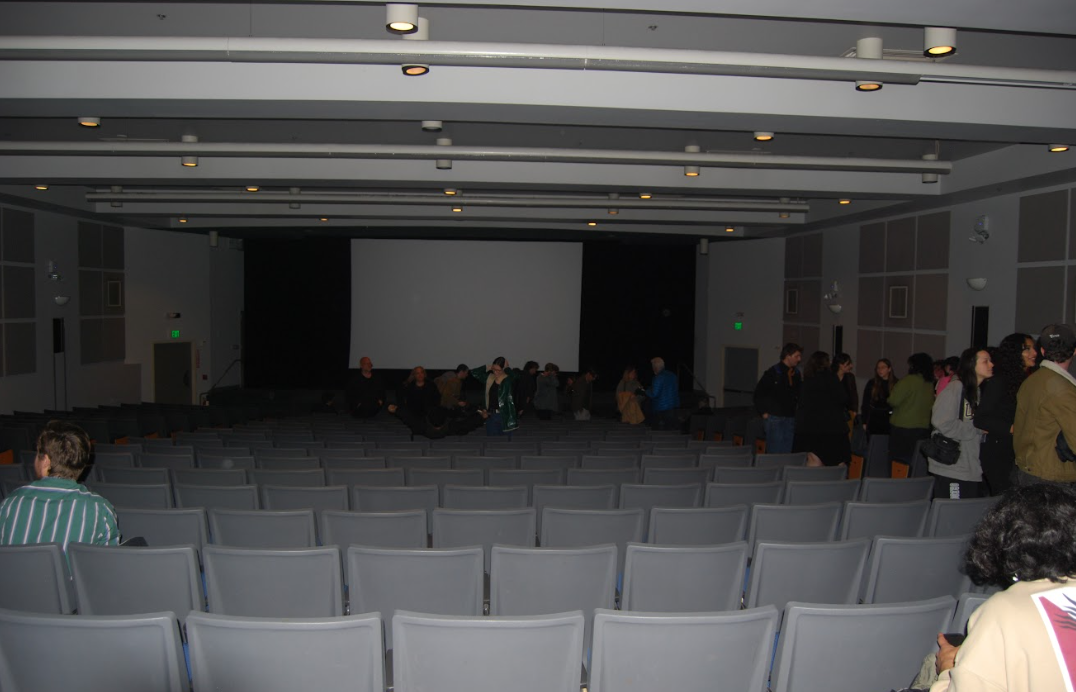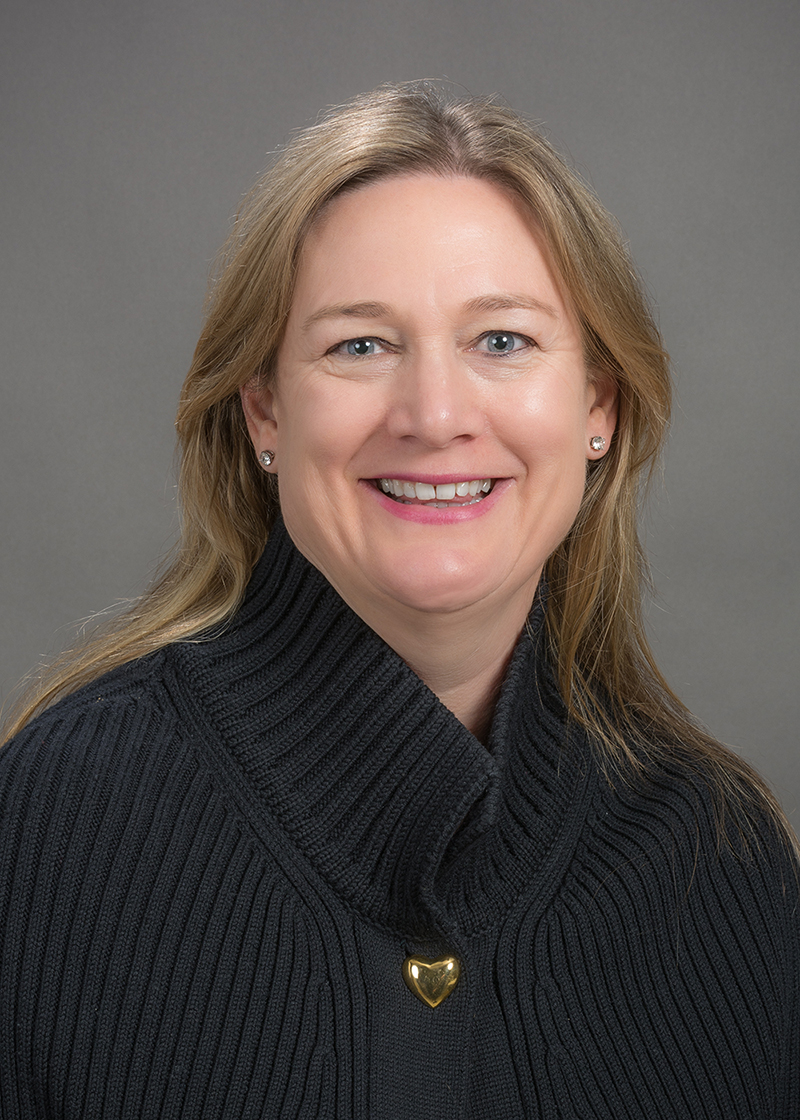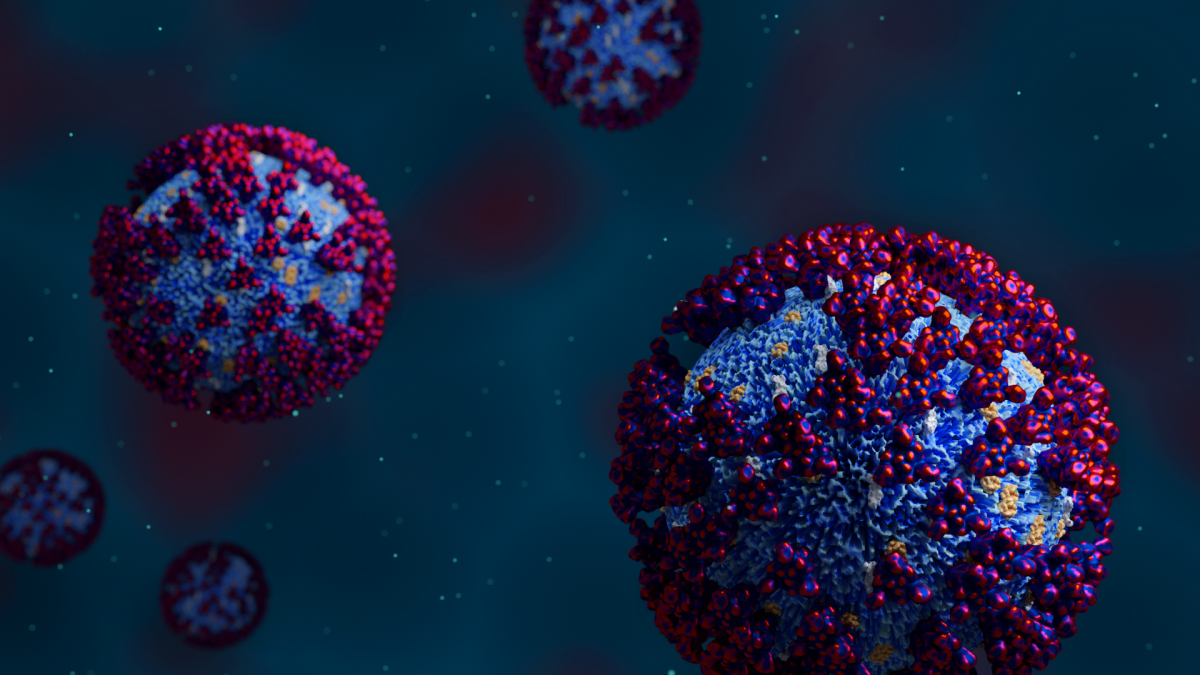On Feb. 24, the UC San Diego Associated Students Instagram account informed students on a new initiative that will be incorporated into some Spring Quarter classes — using computer-vision AI software to generate lecture notes. Students can request for the technology to be implemented in their specific courses next quarter by filling out a Google Form attached to the post. Responses are due March 19.
This announcement comes as a result of collaboration between members of the A.S. Senate and Executive Office, Office of Students with Disabilities, as well as Educational Visual Technologies, also known as EVT.ai. Once student interest is collected, A.S. Senate will work with professors of the requested classes to determine course eligibility. A.S. Senate will reveal the courses with accommodations for Spring Quarter no later than April 1.
According to the EVT.ai website, their technology can create notes, short video chapters, quiz questions, speech transcripts, summaries, and more. The organization is committed to creating curated online courses that incorporate chalkboard generations and immersive slideshow presentations, with an end goal of increasing educational engagement and the accessibility of learning. The majority of its team consists of UCSD alumni, including Founder and CEO Monal Parmar.
Although the company provides various modalities of AI-generated learning enhancement, the collaboration will implement “EVT Chalky Notes.” This system automatically generates interactive lecture notes from recorded chalkboard and whiteboard lectures, such as those found on the UCSD podcast site. With the software, students will be able to click on generated notes and automatically find where they were written or mentioned in the lecture recording.
Parmar depicted the accessible, step-by-step process of generating the notes.
“You upload the video. We generate the notes,” Parmar said. “The notes are interactive, it just solves this huge problem, especially with getting accommodations from OSD.”
Currently, OSD hosts a Note-Taker program to increase the accessibility of lectures. In this system, students volunteer to provide legible lecture notes consistently for one of their classes. Furthermore, students can choose a classmate to be their notetaker, and utilize other OSD classroom lecture accommodations, such as LiveScribe pens, which allow users to read out written notes or recorded lecture audio live.
According to EVT.ai, this technology provides a newfound method for active learning that is compliant with the Americans with Disabilities Act of 1990. Although a student-volunteer note-taking program provided by an OSD is a standard procedure used among universities, it is not compliant with ADA requirements for universities. As of now, it is not known what will happen with the volunteer note-taking program at UCSD.
“Most note-taking programs are volunteer-based. So oftentimes, no one volunteers, or maybe someone volunteers during week 5, so you have four weeks of no notes,” Parmar said. “It’s really not functioning. It’s not working properly.”
The partnership began during the last academic year. EVT.ai had originally connected with A.S. to endorse the program. Later, EVT.ai worked with Vice President of Academic Affairs Rhianen Callahan who ran last year’s Disability Justice Campaign to include EVT.ai, which was presented to the Senate as well in 2023. This year, A.S. has worked with the Disabled Students Commission on furthering accommodation infrastructure and has since supported EVT.ai as an opportunity to promote academic accessibility.
With this transition, The UCSD Guardian asked Senator Ivan Ramirez about the future status of OSD note-taking accommodations if EVT.ai’s technology becomes available to all classes.
“For the time being, we don’t see the enforcement happening immediately,” Ramirez said. “Next quarter [Spring], we will have 15 courses. Our hope is to expand it so we can offer more next year. The goal is in the near future to transfer the program [EVT.ai] over to OSD. We hope to push OSD to have this included in their 2025-26 academic year budget so it is being funded by the University.”
The funding for the program is currently coming from A.S.’s mandate reserves, covered by students’ tuition. However, the A.S. Senators believe that these services are ones that students deserve, as they work with OSD to transition into the program.
“I truly believe that these are services that students deserve, and not ones that need to come out of their student fees … it should be coming from the OSD office, so it really depends on the compliance of OSD,” Senator Hannah Nguyen said.
Students interested in submitting their classes to this program can visit this form. The form allows students to nominate their class; there is no OSD accommodation or proof of disability required.
Please note that course eligibility depends on request volume, course compatibility, and professor consent, per A.S. Senate.





















